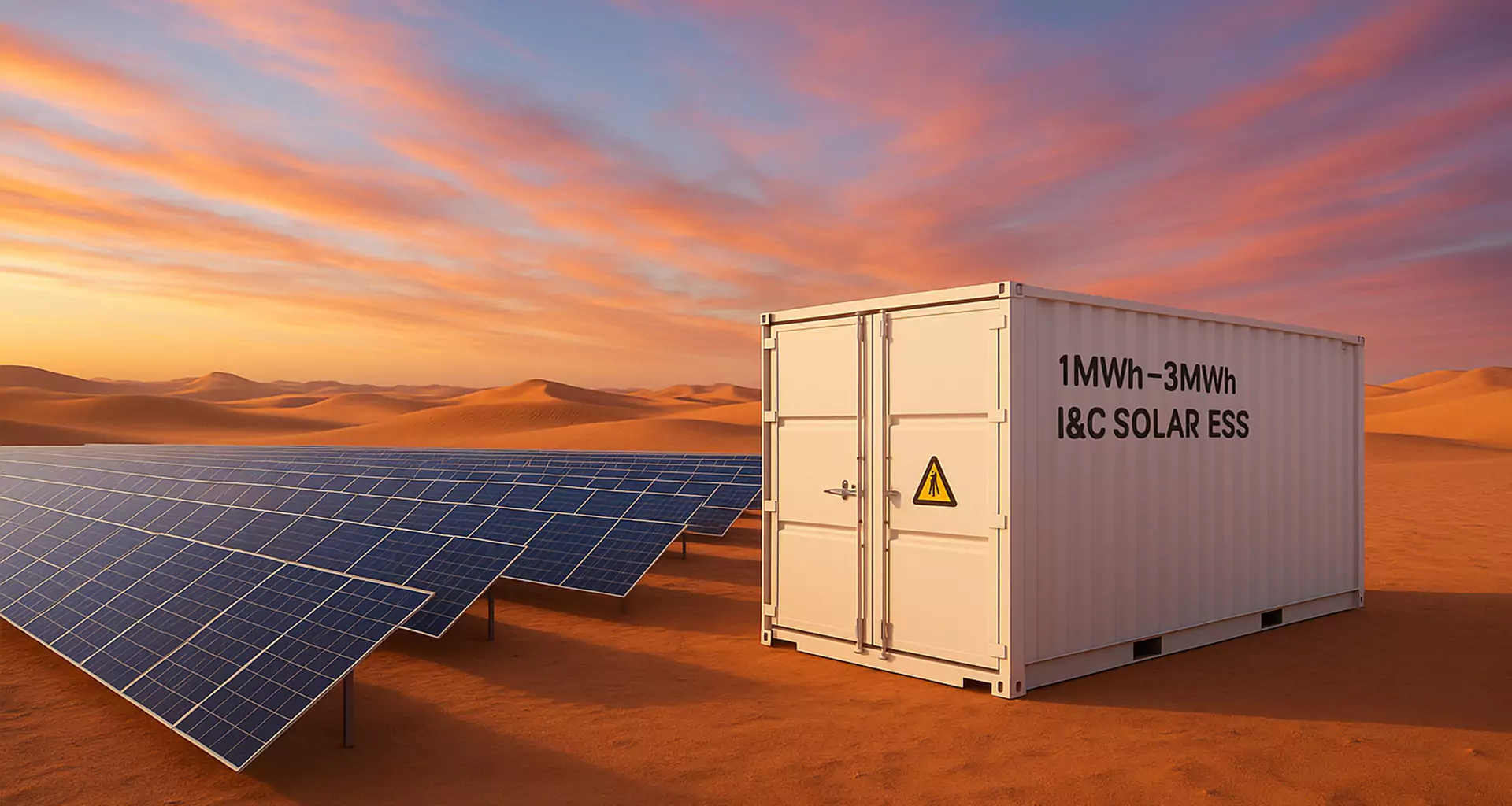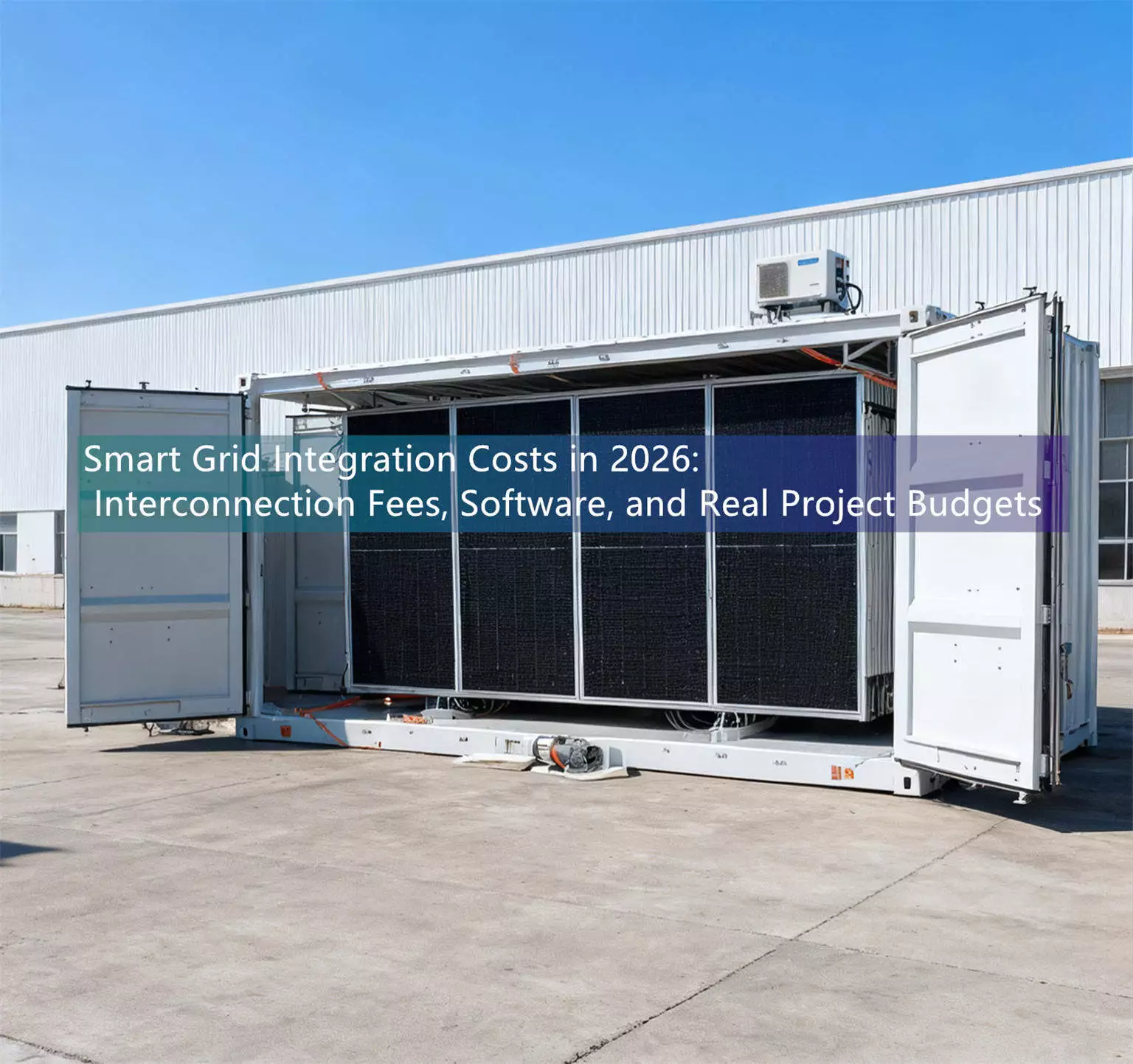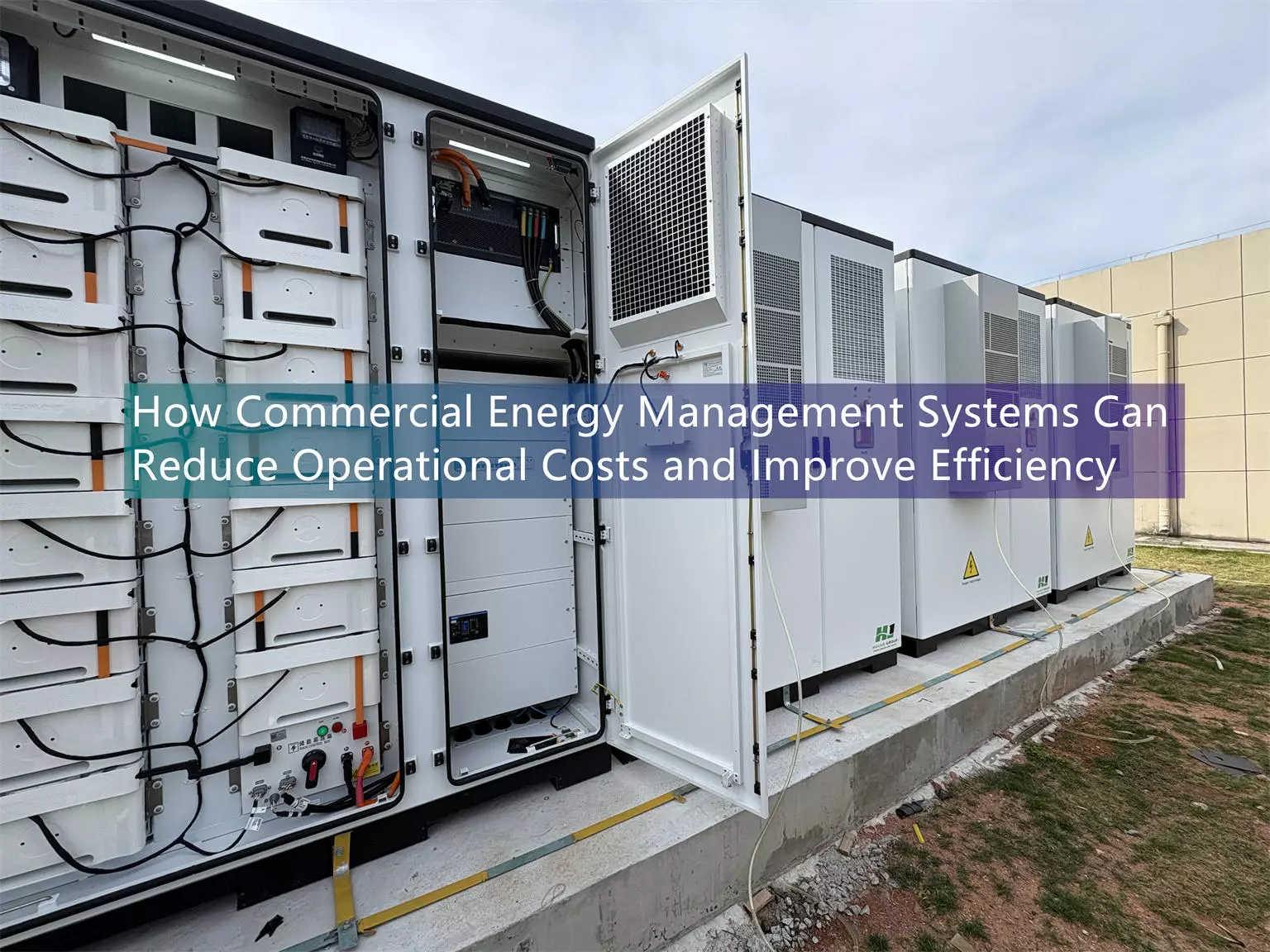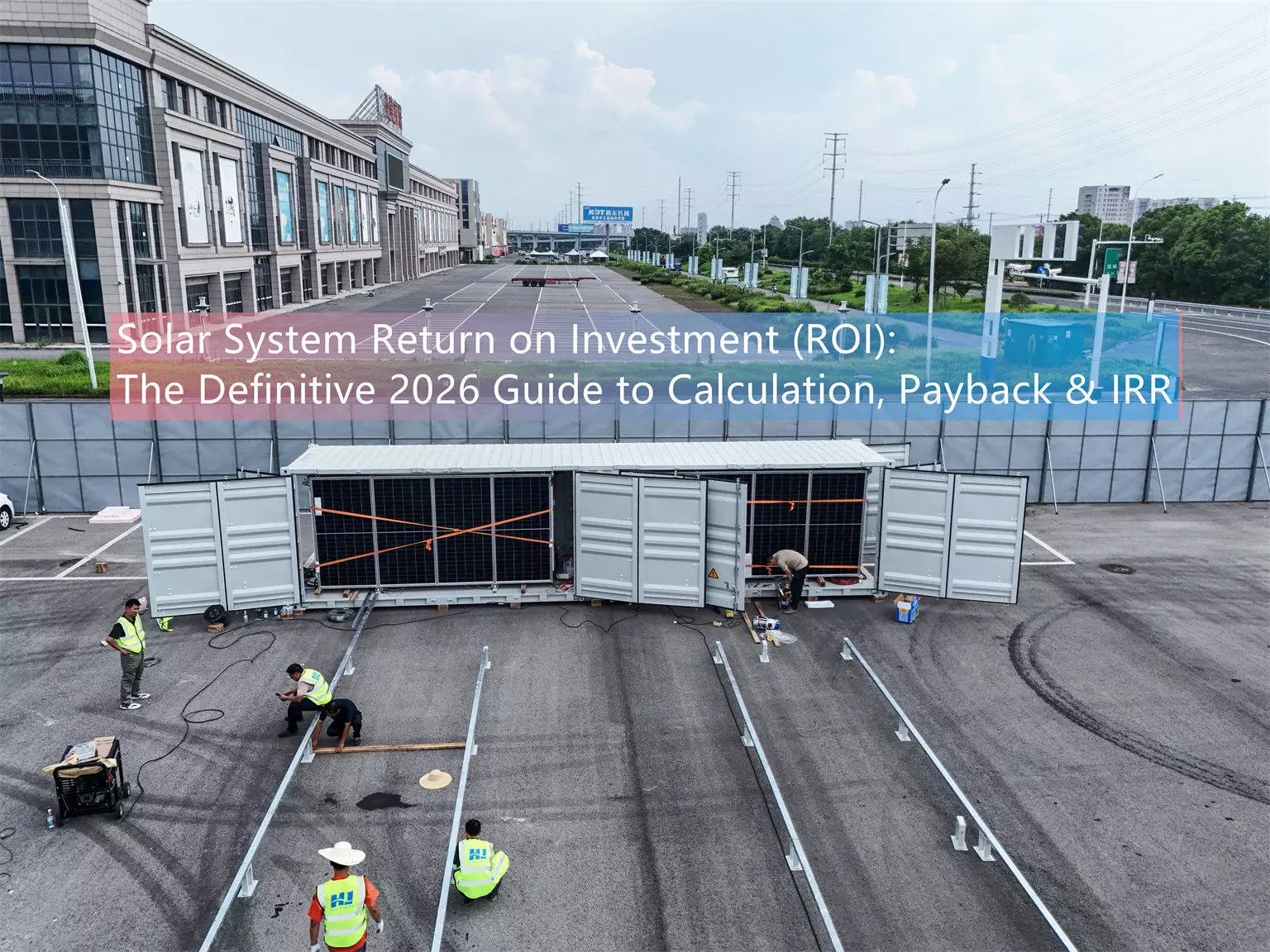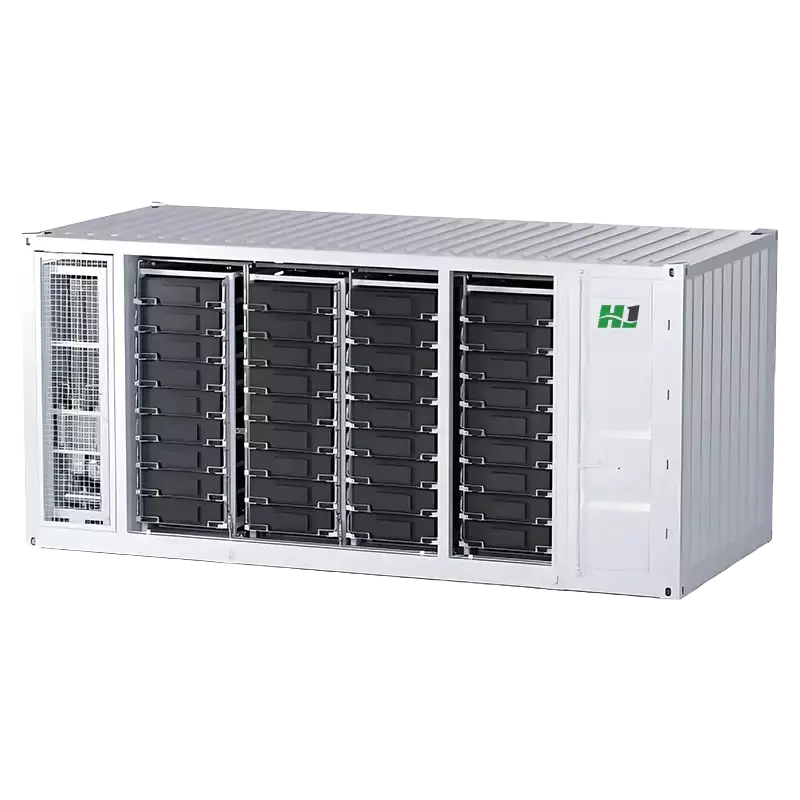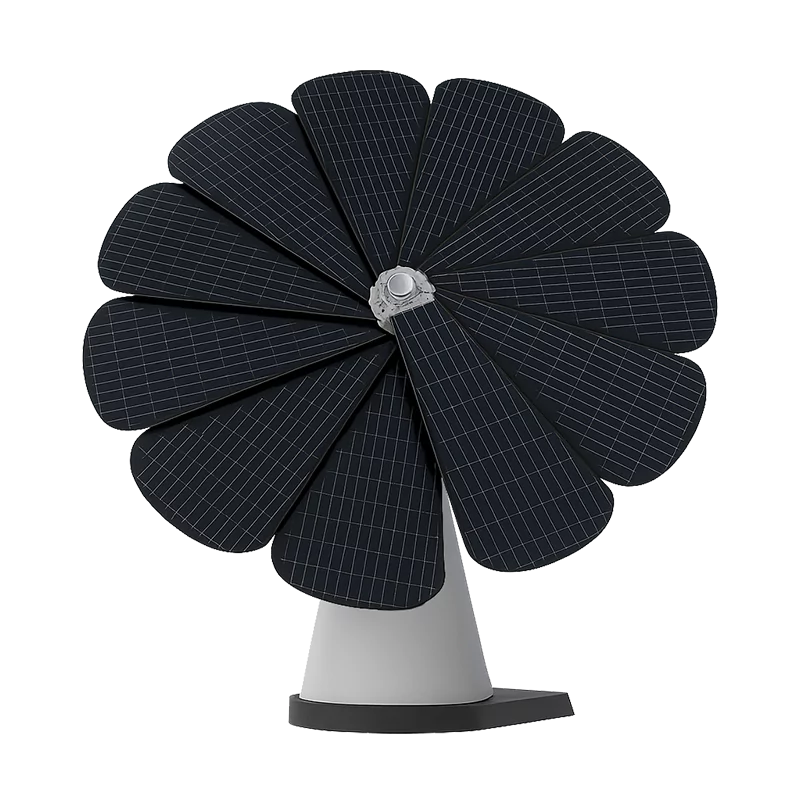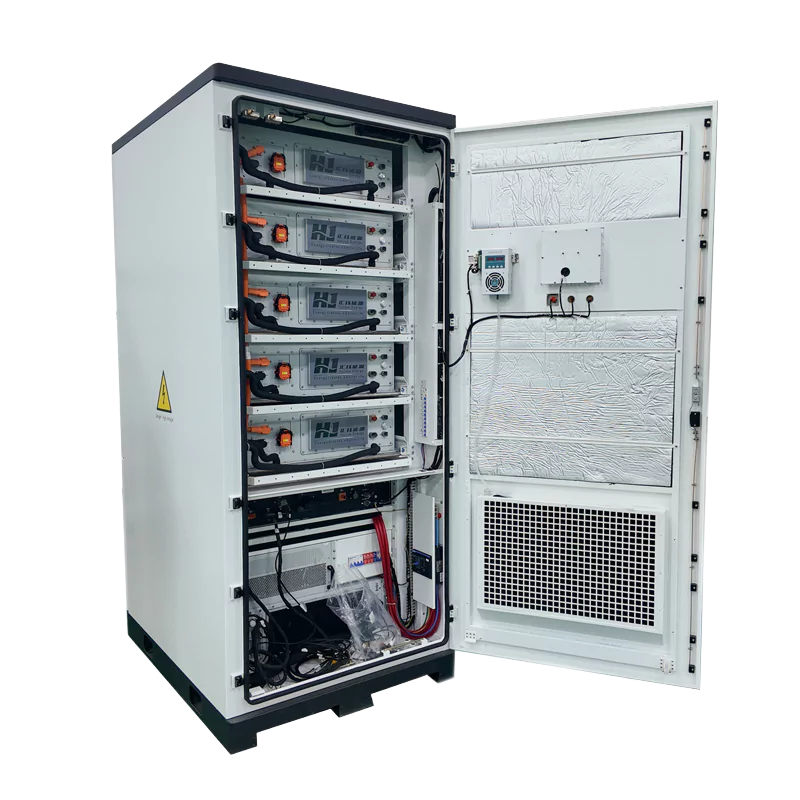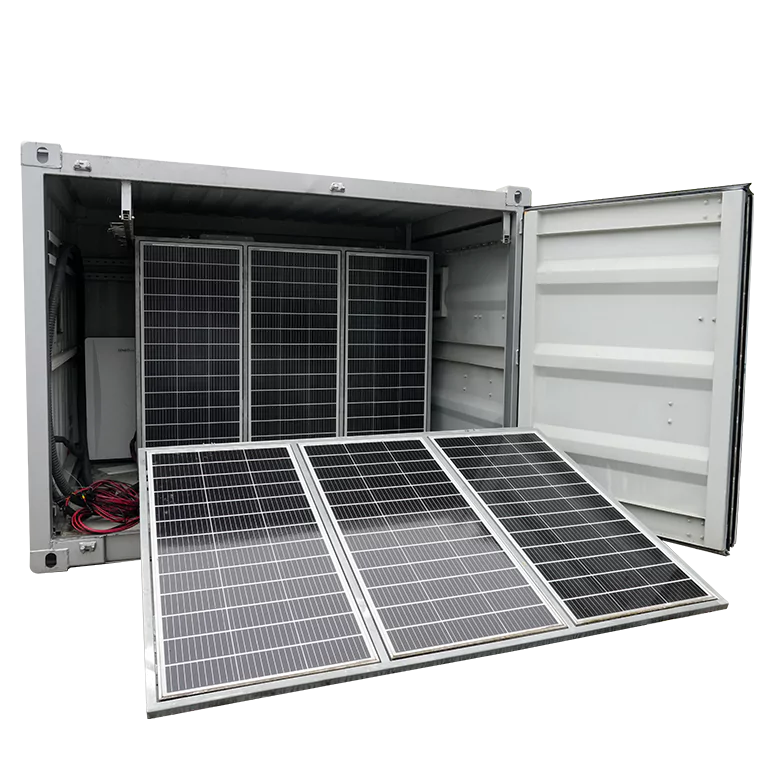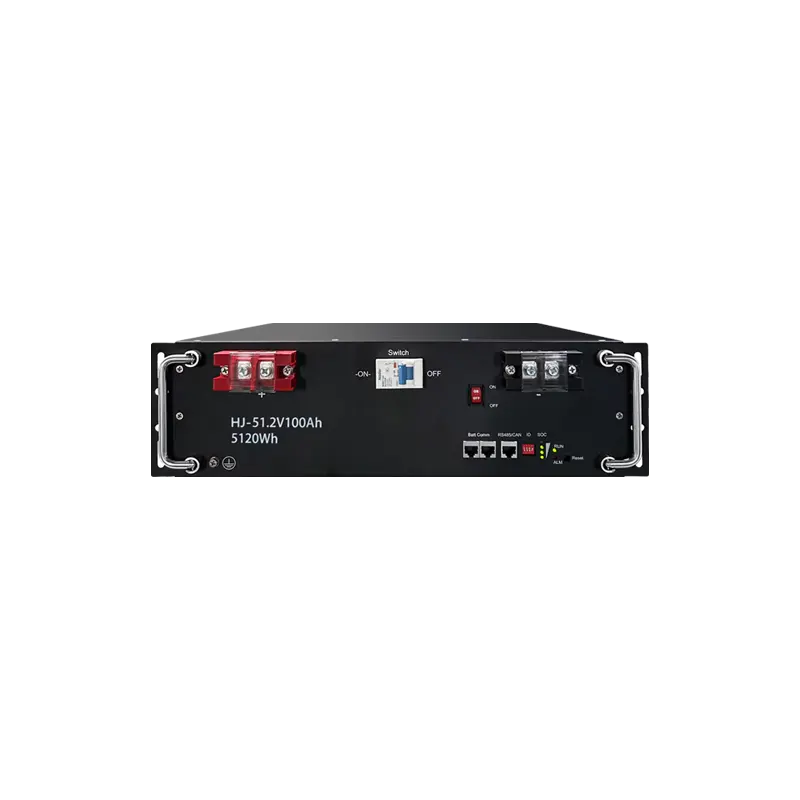South Africa DC Waste Heat: Powering Slum Communities with Recycled Energy
In South Africa, new energy utilization technology is entering a new high-tech frontier. As the country is accelerating its digital infrastructure and transitioning towards renewable energy, one long-overlooked solution is gaining steam: recycling waste heat from data centers to improve the quality of life for nearby informal settlements. Not only is this forward-thinking strategy conserving energy, but it’s providing sustainable respite to millions with no access to dependable heat or hot water.
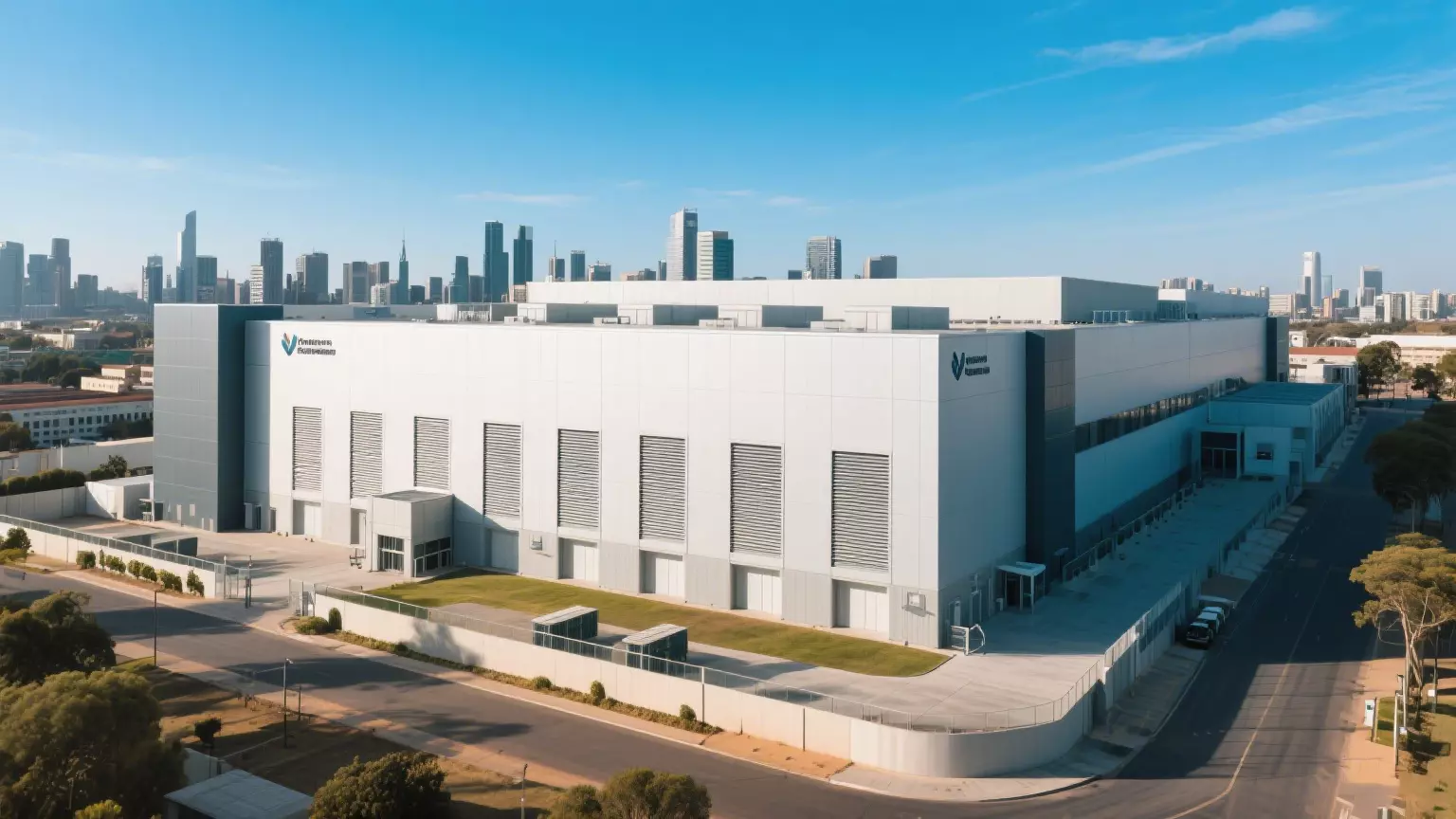
The Energy Paradox: Shortage and Oversupply Coexisting Side by Side
It is a paradox that South Africa represents when it comes to energy. While large cities have giant data centers belonging to multinationals, other city slums are energy-deprived and are experiencing shortage of heat, clean water, and reliable power.
Data centers are energy-guzzling structures, using massive electricity for computation and server cooling. Up to 40% of total DC power is dissipated as waste heat. To a country whose winter nights in Johannesburg or Cape Town dip as low as 5°C, the waste heat might be a boon for those living in tin-shed shanties without insulation.
A Practical Solution: Harnessing Waste Heat for Slum Development
The concept is simple: capture the heat that data centers generate as waste and use it to benefit nearby communities. Waste heat may be used for:
- Supply of hot water for home use in community showers or faucets
- Home heating, clinics, or schools
- Preheating of the solar hybrid water pump to reduce power usage
When combined with solar-powered energy systems or batteries, however, this solution becomes even more attractive—integrated into a hybrid microgrid supporting both digital and human needs.
HighJoule’s Site Energy Technologies for Implementation
HighJoule provides modular, scalable site energy solutions —including battery storage, heat integration, and intelligent distribution systems—that meet the advanced needs of South African environments.
Applicable solutions are:
-
418kWh Liquid-Cooled Battery Cabinet (HJ-G215-418L)
Enables off-grid operation of heat-transfer pumps during high-demand times or power outages. -
215kWh Outdoor Energy Storage (HJ-G100-215F)
Most ideally suited for pairing with waste heat pipes and solar rooftop units for township-scale deployments. -
Base Station Energy Storage Systems
Telecom-derived but can be applied to heat network management—such systems include real-time monitoring, smart dispatch, and fault detection to ensure community-safe delivery.
By combining thermal and electrical on-site power, HighJoule allows data center operators to reduce carbon footprint while enhancing their Environmental, Social, and Governance (ESG) profiles.
Mitigating the Challenges
While promising, the energy-sharing model is not challenge-free:
- Heat transfer infrastructure – Installation of insulated piping underground between DCs and slum communities requires initial investment and coordination.
- Energy use patterns – Informal settlements may not have official energy infrastructure, which would require creative solutions like common community thermal hubs.
- Regulation & safety – The systems must be such that they comply with building regulations and do not overheat or cause health risks.
However, through public-private partnerships, pilots, and policy alignment under initiatives like SA Connect, such issues can be addressed in stages.
Pilot Opportunity: Khayelitsha Township
Cape Town’s Khayelitsha is also Southern Africa’s largest informal settlement. It is the ideal proving ground for pilot projects in modular heat reuse, particularly in conjunction with housing prototypes like Empower Shack—those that are good in terms of urban design.
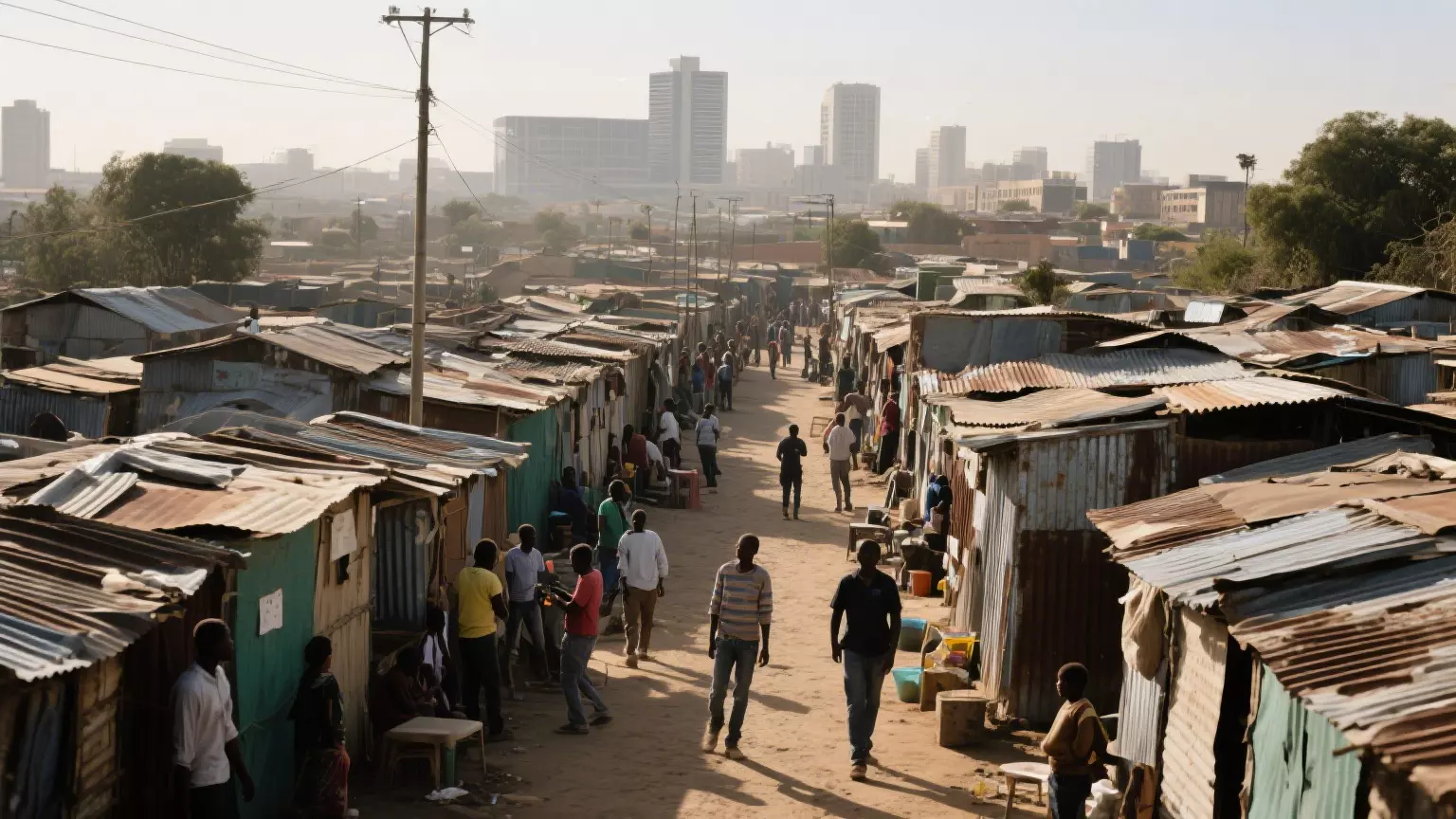
Beginning in community facilities like clinics or schools, data center operators can:
- Demonstrate feasibility
- Build local trust
- Gather operational data
- Refine safety and distribution models
Once demonstrated, the model can expand to thousands of homes in Gauteng, Eastern Cape, and other areas.
A Win-Win for South Africa’s Energy Future
The recycling of data center waste heat is not just a sustainability solution—it’s a connector between high-tech infrastructure and grass-roots resilience. South Africa is at the juncture of high-speed digital growth and intransigent energy inequality. Waste heat recovery is tailor-made for both challenges.
With the support of technology firms like HighJoule, policymakers, and local stakeholders, South Africa is poised to pioneer a waste energy recovery model that serves both business interests and social development.
Do you own a data center or municipality interested in learning more about this model?
Get in touch with HighJoule today to talk about customized site power solutions for heat re-use and township energy integration.
Find Your Solar + Battery Storage Specialist Now!
* Fill out this form and our experts will help you find the perfect solar storage solution for your home or business.


